Well, the first goal of JF’s informal competitions was fast publication, from the very beginning, and this is not easy to keep in the long-term period. It was easier in the beginning, not only because I was more enthusiastic, but also because the time brought me new duties: overtaking wfcc.ch website in 2013 followed by development of new sections (the last one being WSC and Rated solving tournaments out of WSC) with quite regular updates, accepting some judging, dedicating more time to my growing kids, and this year organizing ECSC in Riga… One of the things I regret is having less and less time for organizing thematic tourneys, and, especially – for my own composing…
You know, I’m really sorry about any delayed publication. In the same time I’m deeply grateful to the authors who save a lot of my time sending me their problems carefully prepared for publication, helping me even to do the animation faster. They know who they are, but I would like to mention at least some names: Vitaly Medintsev, Václav Kotěšovec, Aleksey Oganesjan, Karol Mlynka… Publication of one problem can take me from 15 minutes to several hours. When I receive initial position and the condition in a clear English notation (complete Popeye notation even better), including solutions with departure and arrival squares (especially for the problems impossible to be tested at all, or tested with Popeye) it is a huge help to prepare the publication with animation.
I wrote about the numbers of published problems and tournaments held. It would never happen without JF’s judges, accepting that hard work. You can see all the names in the sections of original problems, but I’d like to thank once again to those who have finished their awards: N.Shankar Ram, Juraj Brabec, Hans Gruber, Eric Huber, Vlaicu Crişan, Dmitri Turevski, Kjell Widlert, Ofer Comay, Franz Pachl and Petko Petkov, the judge of 4 thematic tournaments.
Your comments give an important contribution to JF. As in all blogs and forums, the comments on JF are most often pointed to some drawbacks, but there are members who give much more to the JF readers. For me, it is pleasant to see always positive approach by K. Seetharaman. Yes, chess composers are happy to see their ideas appreciated, in the first place. That’s why I introduced the “like” button this year, to assure more alive contact of authors and the audience. But also, it is useful for all members to see some deep analyses of the contents, even when more critical than polite. I apologize to all whom I forgot, but let me remind you of some interesting analyzes by Juraj Lorinc, Geoff Foster, Kjell Widlert, Nikola Predrag, Nicolas Dupont, Paul Rãican…
The last but not least, I would like to thank those composers who don’t use the JF to publish their composition the same day it was composed… Even after waiting some days to make sure they came to the optimal positions, they would publish their renderings faster than in printed magazines, and would avoid sending corrections and new versions when problems were already published. As for the editor, she will always be more impressed by the quality than by the quantity of published compositions!
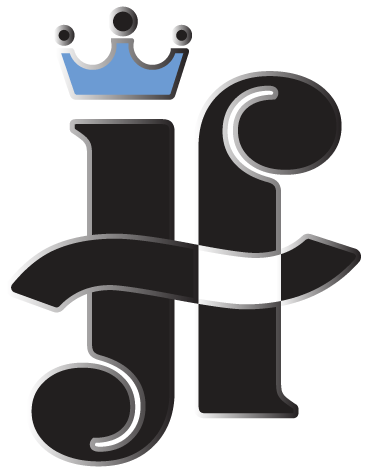


 Running the site, publishing different kinds of fairy problems, and announcements, I feel like learning all the time. But getting to know all of you who help me, who contribute to JF, who are part of “JF’s community”, means even more! The names, so many, from so different countries, turned into alive persons. And I know, this is in the both directions. Some years ago (2, 3?) I started seeing the references to Julia’s Fairies publications as simply: JF… The independent life of these two letters still means a lot to me.
Running the site, publishing different kinds of fairy problems, and announcements, I feel like learning all the time. But getting to know all of you who help me, who contribute to JF, who are part of “JF’s community”, means even more! The names, so many, from so different countries, turned into alive persons. And I know, this is in the both directions. Some years ago (2, 3?) I started seeing the references to Julia’s Fairies publications as simply: JF… The independent life of these two letters still means a lot to me.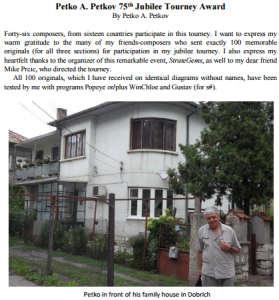
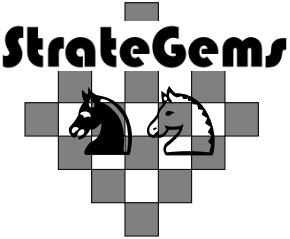

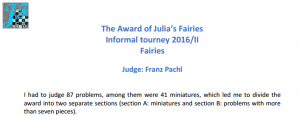
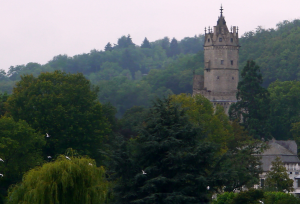
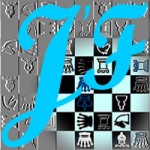
 Today I’m very glad to announce a new
Today I’m very glad to announce a new